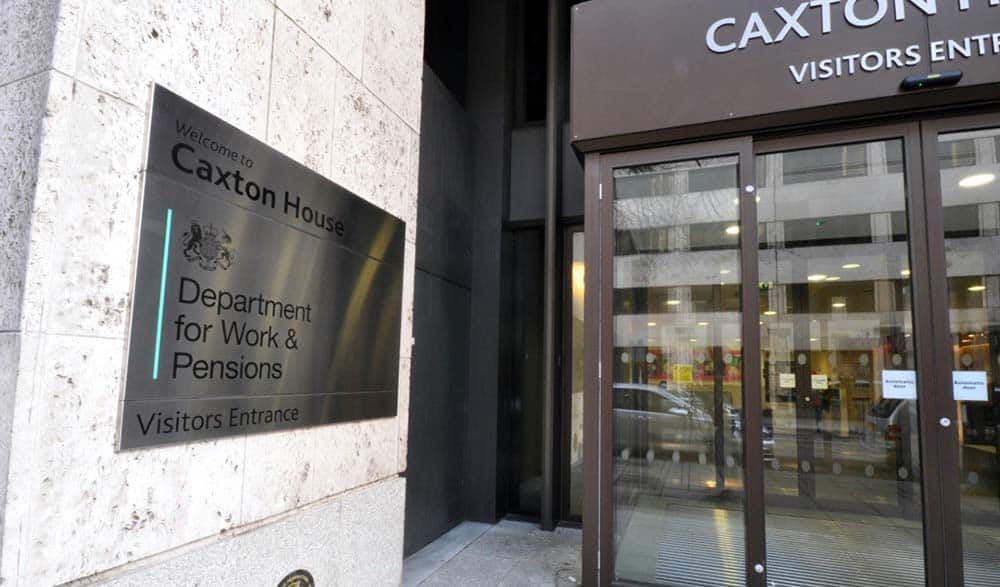Latest PIP statistics reflect ongoing pandemic disruption with highest-ever level of new claims

The Department for Work and Pensions (DWP) has published its latest quarterly Personal Independence Payment (PIP) figures for the quarter ending October 2021, highlighting trends of people claiming the disability benefit during the pandemic.
PIP helps with some of the extra costs caused by a long-term disability, ill-health or a terminal illness. The finances could be used to purchase essential assistive technologies for people with reduced mobility or cover the costs of a carer, for example.
DWP’s quarterly statistics cover the customer journey from registration through to payment, providing key data on PIP registrations, clearances, awards and mandatory reconsiderations. A mandatory reconsideration (MR) is where claimants who wish to dispute a decision on their PIP claim at any stage ask DWP to reconsider the decision.
The statistics cover both new claims and claims made by those with an existing claim for Disability Living Allowance (DLA) (known as reassessments). From the 8th of April 2013, the DWP started to replace DLA for working-age people with PIP.
The latest PIP figures show ongoing disruption caused by the coronavirus pandemic in some parts of the claiming process.
In the quarter ending October 2021 there were 180,000 registrations for new claims, the highest quarterly level of new claim registrations since PIP began. This could perhaps be because of a change of circumstances for people due to contracting COVID-19, the impact of various lockdowns and increased levels of staying indoors, or other pandemic-related issues.
Additionally, 25,000 claimants reported changes of circumstance. There were 21,000 registrations for DLA reassessments, 120,000 planned award review registrations, and more than 70,000 MR registrations.
As at 31 October 2021, there were 2.8 million claimants entitled to PIP, with just over a third receiving the highest level of award.
There are two types of PIP awards: the daily living part, which is where the claimant needs help with everyday tasks, such as drinking, making decisions about money, bathing or reading, and the mobility part, which is where the claimant needs help moving around. The highest level of award refers to claimants who receive both the daily living part and the mobility part of PIP.
Further information on how much money claimants can receive per week with PIP can be found here.
During the coronavirus pandemic, DWP changed various parts of the PIP claiming process to ensure people who needed the essential financial help could still access the benefit system in a timely way.
In March 2020, DWP announced that all face-to-face assessments for PIP would be suspended due to COVID-19 being in high circulation throughout the UK. This decision intended to protect vulnerable people from unnecessary risk of exposure to coronavirus.
Instead, new disability benefits claims were carried out via telephone or paper-based assessments, where appropriate, to ensure disabled people could still access the vital support they needed. At this time, all routine reassessments and reviews of PIP were suspended.
In March 2021, DWP confirmed that face-to-face assessments for PIP would resume from May, initially for those who were unable to be fully assessed by other channels.

